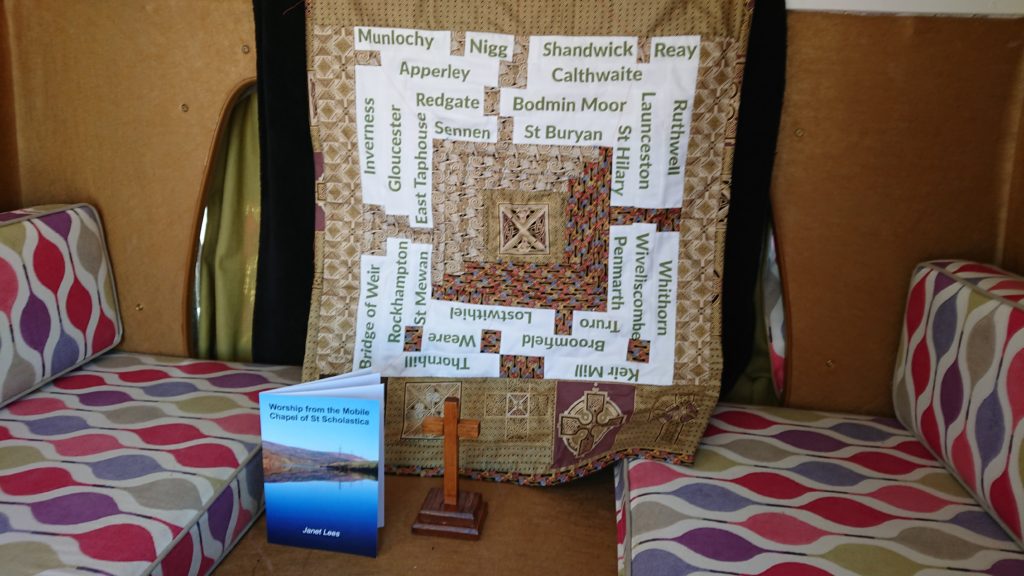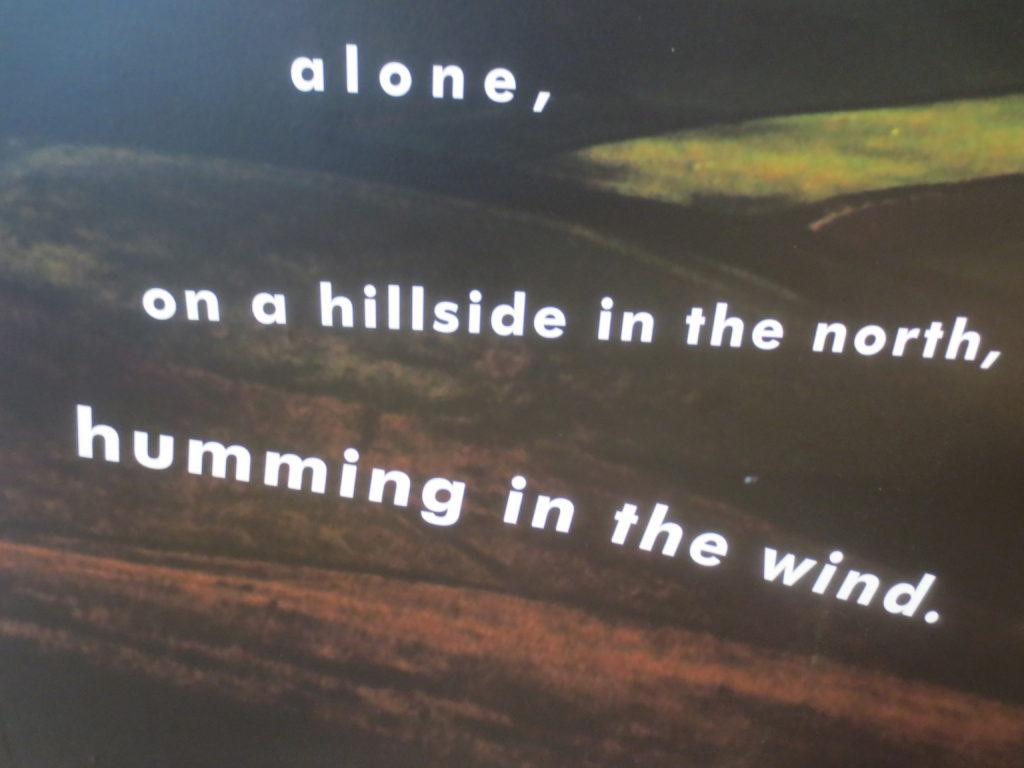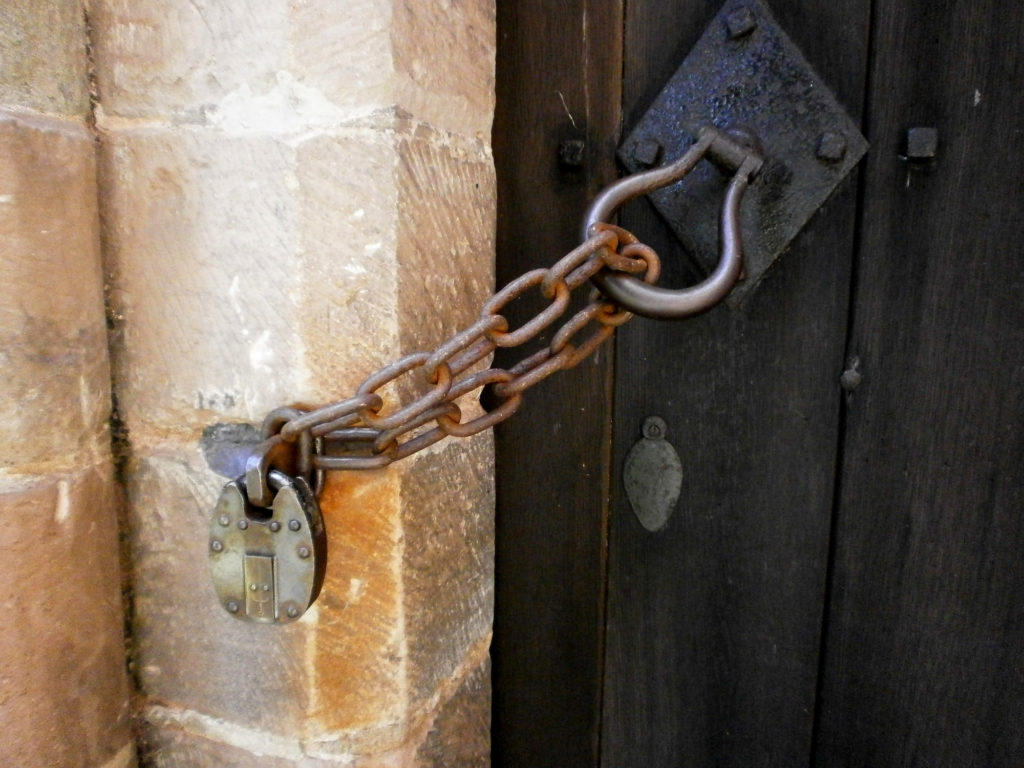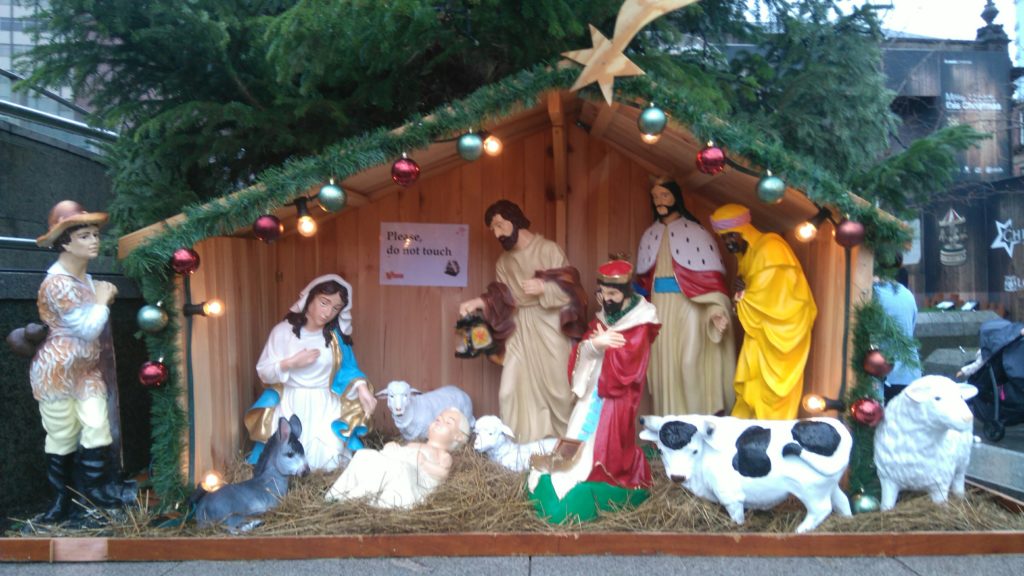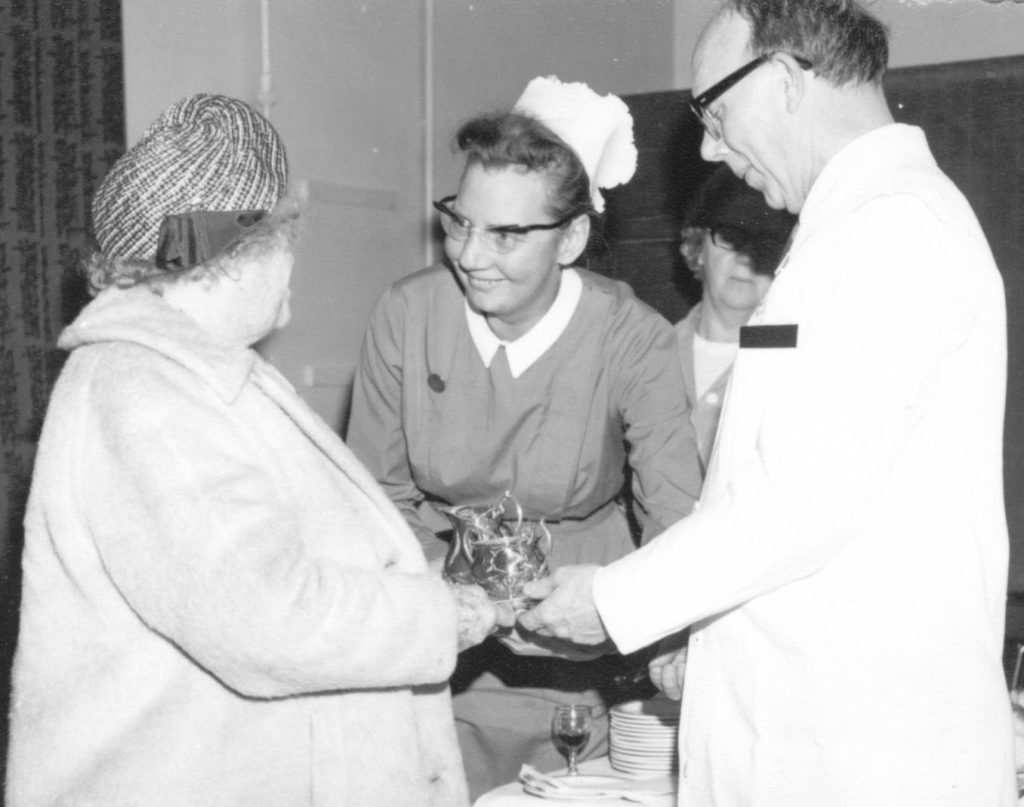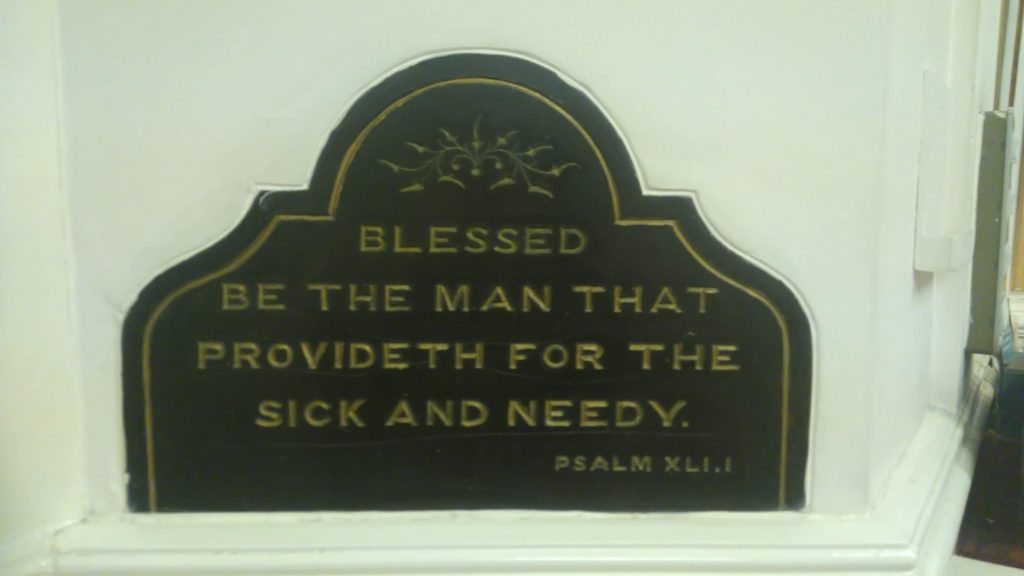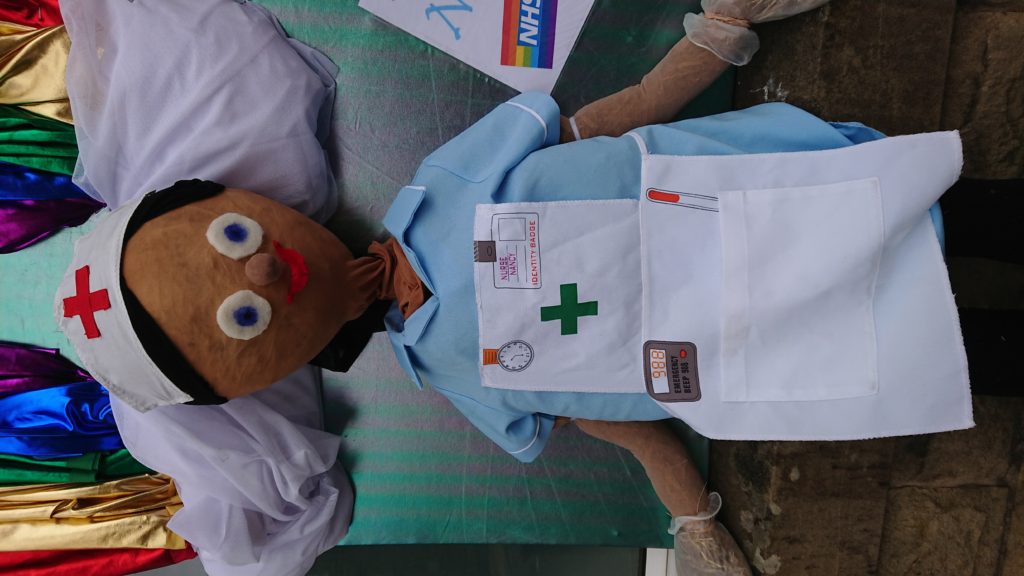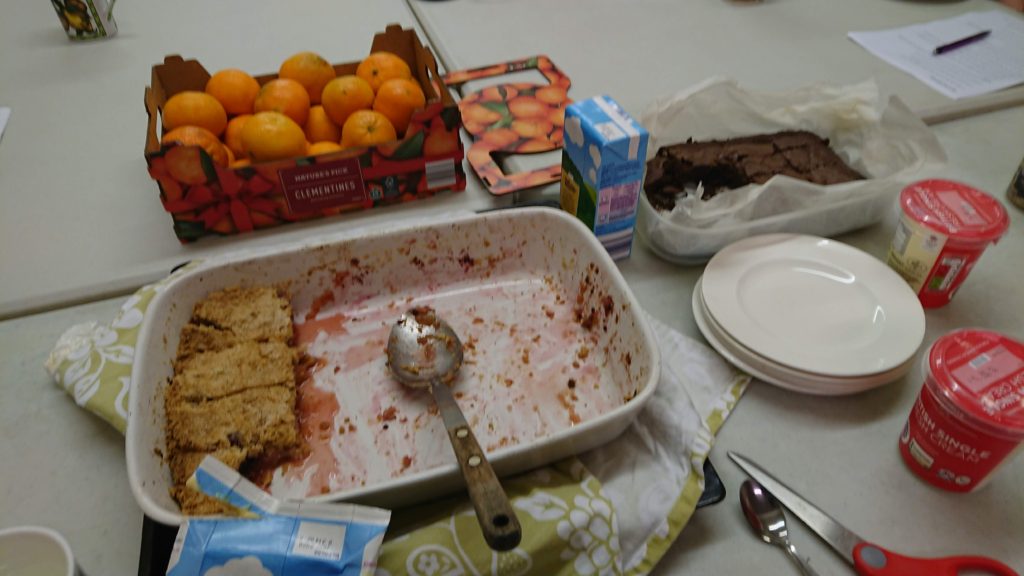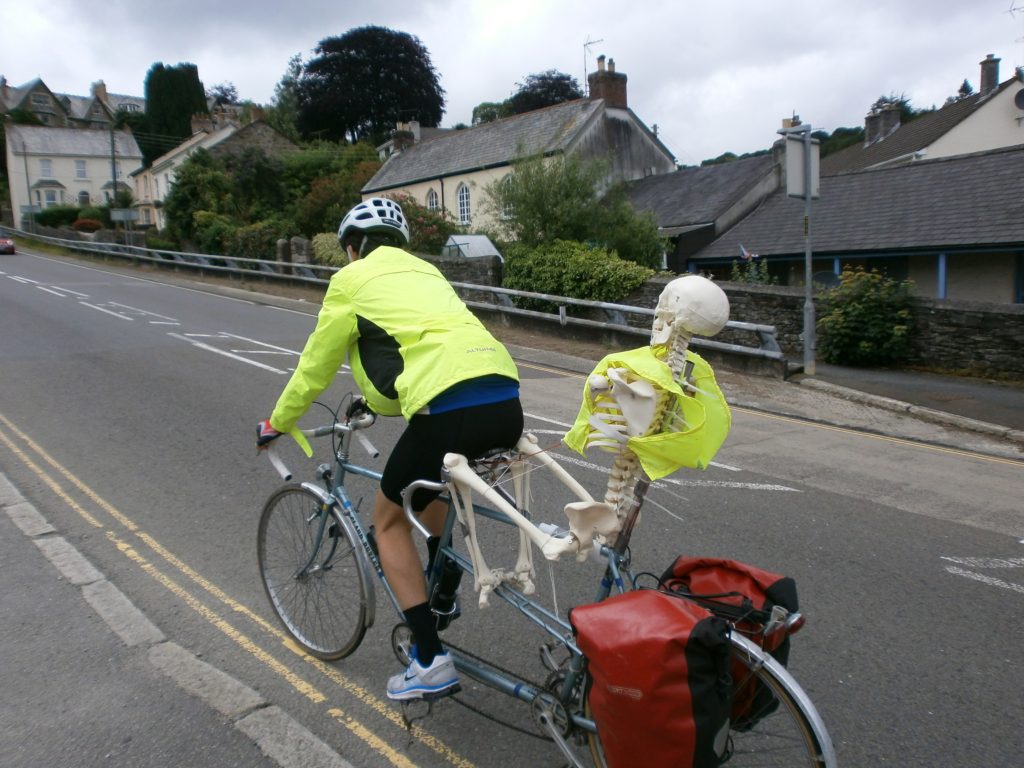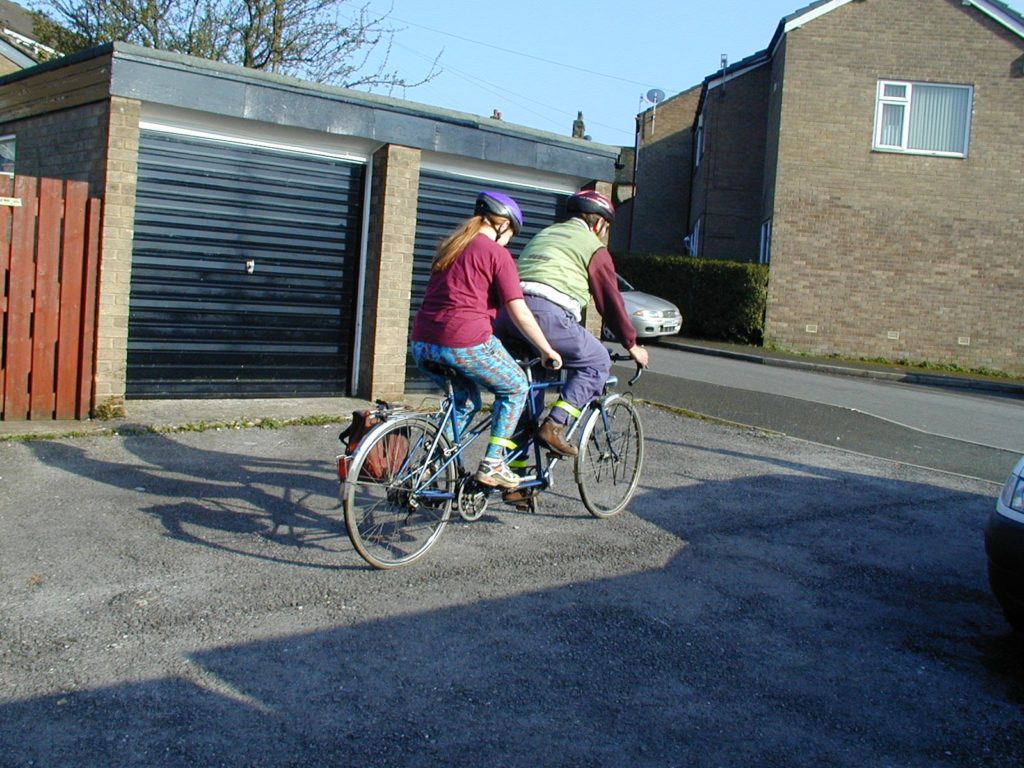Dear Benedict,
It’s a few weeks since my last letter to you and today I’m writing about chapter 38 of the your Rule. It’s about the practice of having someone read out loud during meals in the monastery. You are, of course, very thorough about the requirements, as I’d expect. You cover all the basics: how to feed the reader, and how they should prepare and carry out the duties and how the community should respond. Indeed this is a mark of all your advice about roles in the community. Most particularly with this you remind us that reading and singing is not a vanity project but ‘for the benefit of the community’.
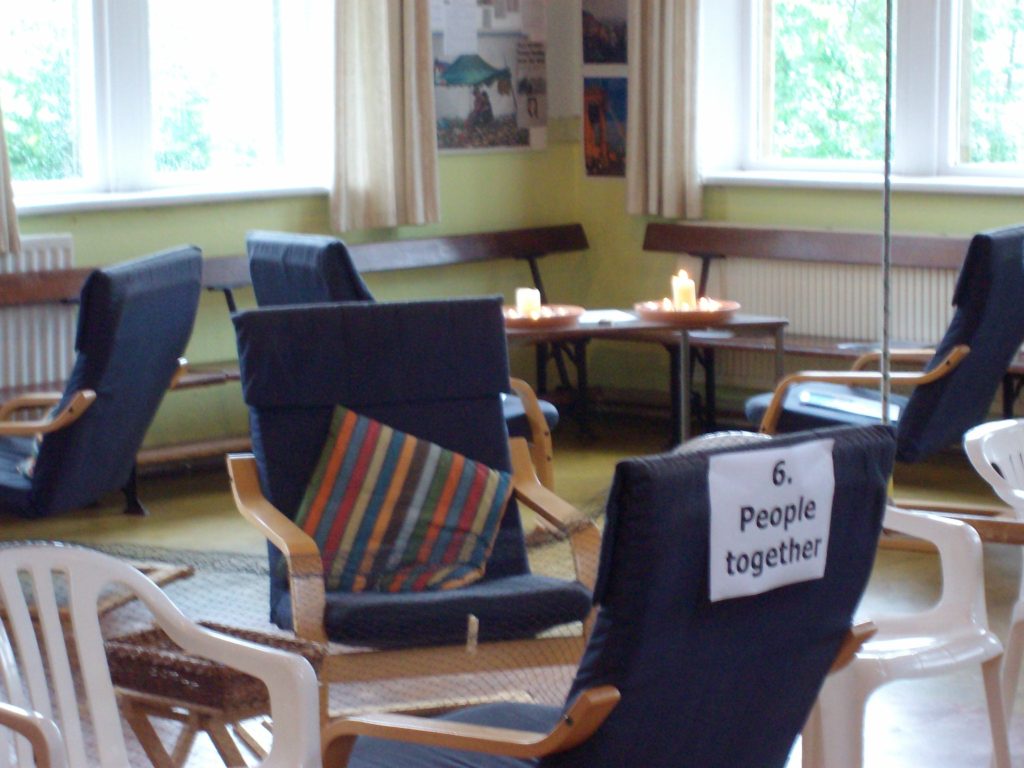
I come from a tradition that has, in many places, been floundering on rotas. No sooner than you put your nose in the door and someone has your name down on half a dozen rotas. Of course every community needs participants to take part and it’s not a community if there are more observers than active members but as with everything, it’s balance that matters. As our churches have aged and dwindled in many places the names on the rotas have got fewer and fewer until the rotating is between only a couple of people but the list of tasks has become almost endless.
In small communities the same people may find themselves bound to the same place in the rota for what seems like a life-time. The joke about changing the light bulbs ceases to be very amusing when your name is the only one on the light bulb rota, you’re knocking on 90 and the ladder’s defective.
The plus side of the rota thing is planning. No last minute hitches or ‘can someone just….’ which can be disconcerting, as well as excluding. Once again a consideration of the Rule should help us discern a middle way which also has a radical edge: the task lasts for a set, short, time and is not dependant on rank. Listen then if you have ears.
From the remembered bible: May I open my mouth and use my lips to praise God.
Have mercy and spare us from endless rotas.
From a Friend of Scholastica and a Member of the Lay Community of St Benedict.

